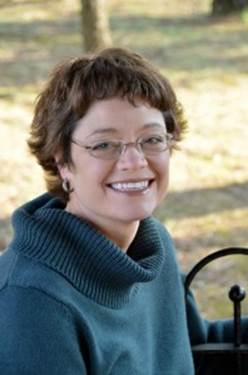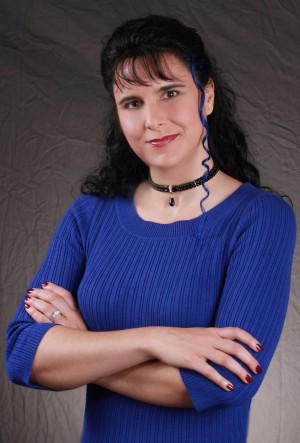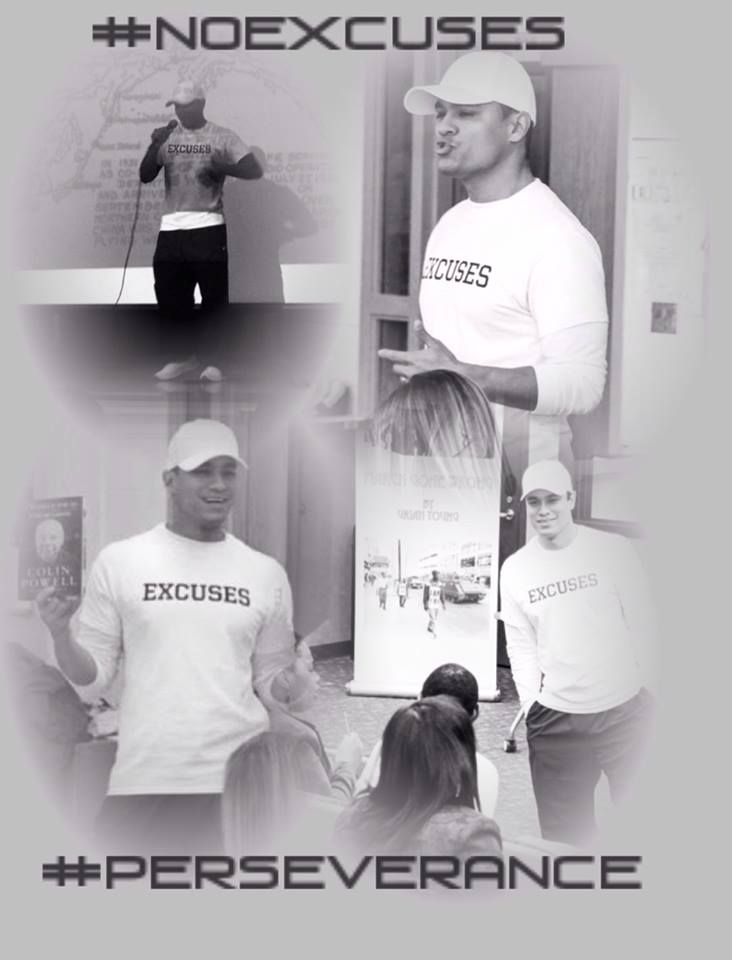My current Work-In-Progress (WIP) is a science fiction YA called Veritas. This is the first book I have started from scratch since my daughter was born. As a result, I have no idea how long it will take me to finish this book. In pre-child days, I could have gone from rough draft to final draft within a year, if I put my nose to the grindstone. Today? No idea. I’m learning what my new normal is.
So, I was very happy to reach the end of Act I in Veritas. It’s about 15,000 words, and will probably grow closer to 18,000 by the time I go back and fill in some of the world-building and deepen some of the emotional moments.
I’ve been trying to work my process a little differently this time around. Although I love to edit, I want to try to cut my time between rough draft and final draft. I am more of a pantser, but I am trying to use a very basic guideline. In my case, I am using Jami Gold’s Basic Beat Sheet,which allows me to pretend I’m pantsing while actually plotting. 😉 It tells me the four main beats I need to have, and about where they should fall word-count wise given my estimated final word count. So far, it has helped me stay on track.
I am wondering what I should do next. Normally, I am a proponent of writing the first draft through to the end without going back and editing. However, I am a little unclear where I am going in the second act, and I think going back and expanding the world and adding depth to the characters might help me find my way. Perhaps it will inspire me. Or I may just plow on and write to my next beat (midpoint) and see what happens. As I said, I am feeling out my process now and seeing what can help speed up the writing while maintaining (or improving) the quality.
Veritas seems to be an experimental novel for me. Not only am I tweaking my writing process, but it is my first dual-POV novel. So far I like how it’s working, although I may reach the end and decide it doesn’t work for the story overall. But we shall see.
I am waiting for the second round of edits for my novel Ozcillation (coming 2015 from Evil Jester Press), but in the meantime I will continue to move forward with Veritas. I know what my major beats are, I am growing more comfortable with my characters, and I am eager to try and take my writing to a new level.
How about you—what writing milestones have you reached lately?



